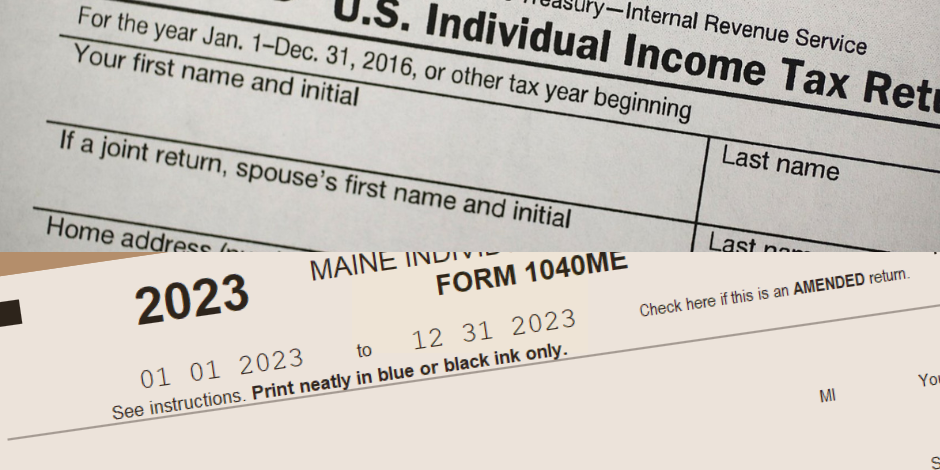State vs. Federal Tax Issues: Key Differences and How to Handle Each

Navigating tax issues can be challenging, especially when dealing with both state and federal taxes. Understanding the key differences between state and federal tax issues and how to handle each can save you time, money, and stress. In this blog post, we will explore the distinctions between state and federal taxes, common issues that arise with each, and steps to effectively manage them.
Understanding Federal Tax Issues

Federal taxes are imposed by the Internal Revenue Service (IRS) and apply to all U.S. citizens and residents. These taxes fund various federal programs, including defense, social security, and infrastructure. The primary components of federal taxes include income tax, payroll tax, and corporate tax.
Common Federal Tax Issues
- Filing Errors: Mistakes on your federal tax return, such as incorrect income reporting or missing deductions, can lead to audits and penalties.
- Underpayment: Failing to pay the full amount of taxes owed can result in interest charges and penalties.
- Tax Audits: The IRS may audit your return if they suspect errors or discrepancies.
- Tax Debt: Unpaid taxes can accumulate, leading to significant debt and potential legal actions.
Handling Federal Tax Issues
- Accurate Filing – Ensure your federal tax returns are accurate by double-checking all information and using tax preparation software or professional services. This reduces the risk of errors and audits.
- Pay on Time – Avoid penalties and interest charges by paying your taxes on time. If you cannot pay the full amount, consider setting up a payment plan with the IRS.
- Keep Records – Maintain detailed records of your income, expenses, and deductions. This documentation is crucial if you are audited or need to amend your return.
- Seek Professional Help – Consider consulting with a tax professional, such as an Enrolled Agent, CPA, or tax attorney, especially if you have complex tax issues or face an audit.
Understanding State Tax Issues
State taxes vary by state and can include income tax, sales tax, property tax, and excise tax. Each state has its own tax laws and regulations, which can differ significantly from federal tax laws.
Common State Tax Issues
- Different Deadlines: State tax filing deadlines may differ from federal deadlines, leading to missed filings and penalties.
- Income Reporting: States may have different rules for reporting income, especially for out-of-state earnings.
- Sales Tax Compliance: Businesses need to collect and remit sales tax according to state laws, which can vary widely.
- Property Taxes: Issues can arise with property tax assessments and payments, leading to disputes with local tax authorities.
Handling State Tax Issues
- Understand State Laws – Familiarize yourself with your state’s tax laws and regulations. Visit your state’s tax agency website or consult a local tax professional for guidance.
- File on Time – Ensure you meet all state tax filing deadlines to avoid penalties. Set reminders and use tax preparation software that supports state tax filings.
- Accurate Reporting – Report your income and other taxable activities accurately according to state laws. This includes any out-of-state earnings and sales tax collections.
- Appeal Property Tax Assessments – If you believe your property tax assessment is incorrect, you can appeal it. Gather evidence, such as recent property sales data and appraisal reports, to support your case.
Key Differences Between State and Federal Tax Issues
- Jurisdiction: Federal taxes are managed by the IRS, while state taxes are handled by individual state tax agencies.
- Tax Rates: Federal tax rates are uniform across the country, while state tax rates can vary widely.
- Deductions and Credits: Federal and state tax laws offer different deductions and credits, which can impact your overall tax liability.
- Filing Requirements: States may have unique filing requirements and forms that differ from federal requirements.
Conclusion
Understanding the differences between state and federal tax issues is crucial for effective tax management. By familiarizing yourself with the specific requirements of each, accurately reporting your income, and seeking professional help when needed, you can navigate these complexities with confidence.
At Propono, we specialize in helping taxpayers manage both federal and state tax issues. Whether you’re facing an audit, dealing with tax debt, or need assistance with tax filings, our team of experienced tax professionals is here to help. Schedule a meeting with us today to ensure your tax matters are handled correctly and efficiently. Learn more at www.propono.tax

